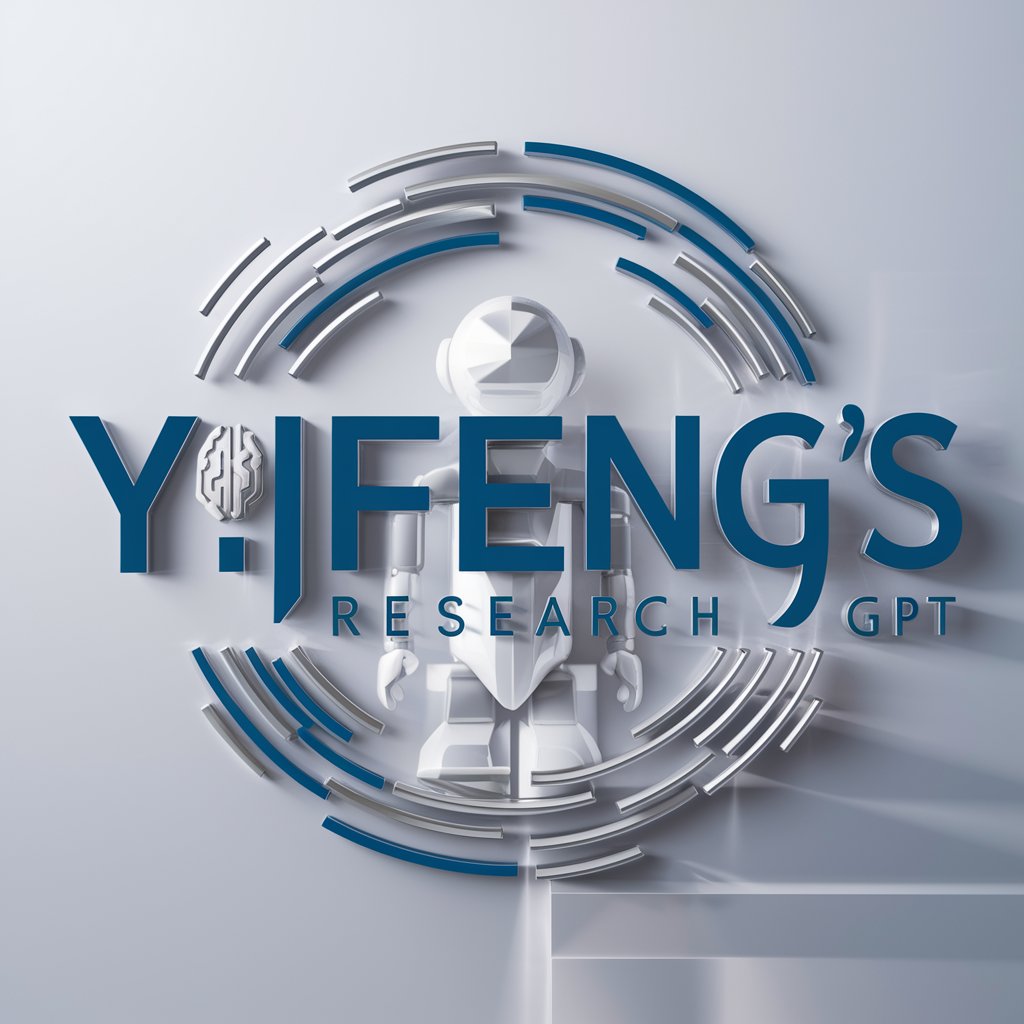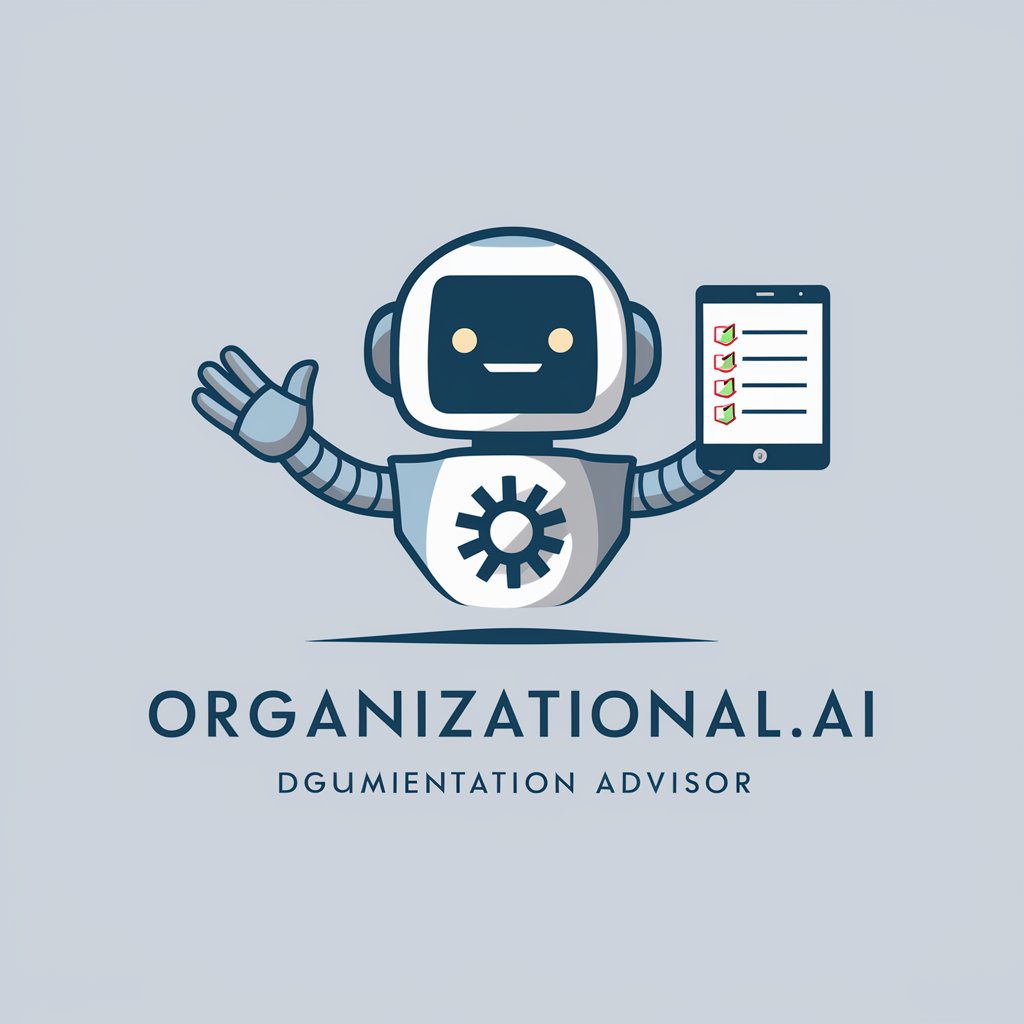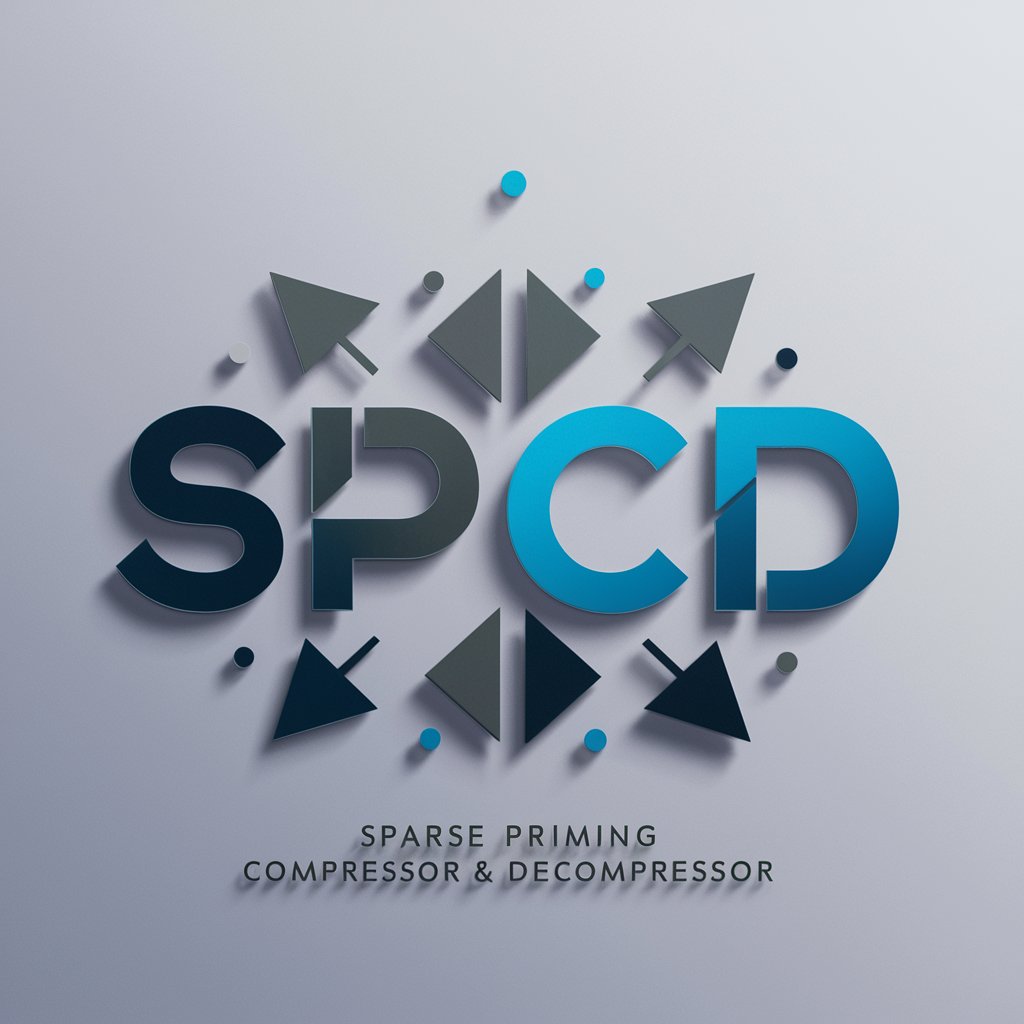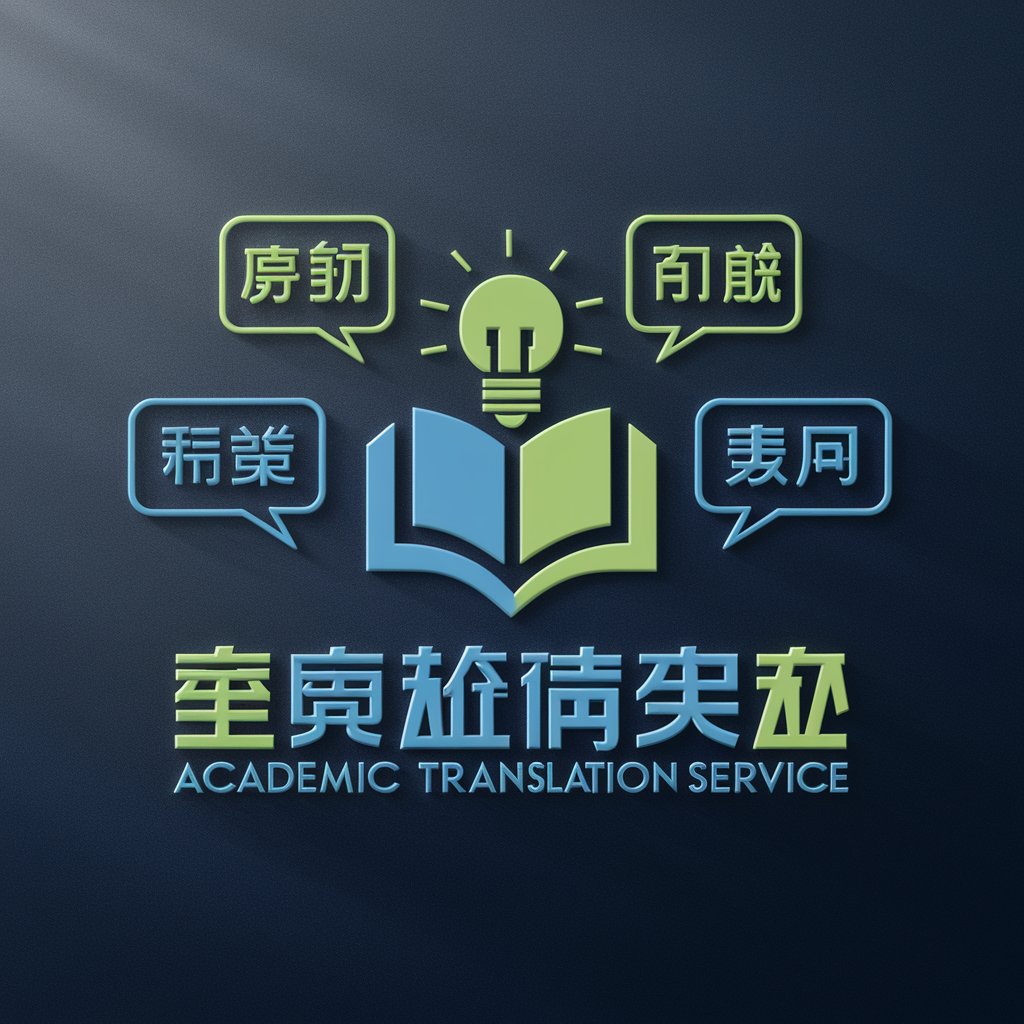4 GPTs for Knowledge Transfer Powered by AI for Free of 2026
AI GPTs for Knowledge Transfer are advanced machine learning models specifically designed to facilitate the sharing, dissemination, and acquisition of knowledge across various domains. Leveraging Generative Pre-trained Transformers, these tools are adept at understanding and generating human-like text, making them particularly useful for educational purposes, professional training, and knowledge dissemination in a wide array of fields. They are tailored to handle tasks ranging from simple Q&A sessions to complex problem-solving scenarios, offering personalized learning experiences and aiding in the seamless transfer of knowledge.
Top 4 GPTs for Knowledge Transfer are: Yifeng's Research GPT,Project Documentation Advisor,Sparse Priming Compressor & Decompressor,科技翻译
Yifeng's Research GPT
Democratizing Research with AI

Project Documentation Advisor
Streamlining Project Closure with AI

Sparse Priming Compressor & Decompressor
AI-driven clarity and brevity, reimagined.

科技翻译
AI-powered precise academic translation

Distinctive Capabilities and Features
AI GPTs for Knowledge Transfer are equipped with unique features that enhance learning and information sharing. These include adaptive learning algorithms that tailor content based on user interaction, natural language processing for understanding and generating human-like responses, and the ability to integrate with various data sources for comprehensive insights. Specialized functionalities may also encompass multilingual support, real-time web searching, image creation for visual learning, and detailed data analysis. These tools are designed to evolve from performing basic informational tasks to executing complex analytical functions, thereby supporting a broad spectrum of knowledge transfer activities.
Who Benefits from AI GPTs in Knowledge Transfer
AI GPTs for Knowledge Transfer are invaluable to a diverse audience, including students, educators, researchers, and professionals across different sectors. They offer an accessible platform for novices seeking to acquire new knowledge, as well as for developers and professionals looking for specialized information or to enhance their skills. With user-friendly interfaces and optional programming interfaces, these tools provide both simplicity for beginners and customizable options for users with technical expertise.
Try Our other AI GPTs tools for Free
Publishing Guide
Discover how AI GPTs tools revolutionize publishing with automated content creation, editing, and distribution, making publishing processes more efficient and creative.
Manuscript Formatting
Explore how AI GPTs for Manuscript Formatting can revolutionize your document preparation process, offering adaptability, precision, and ease of use for professionals and novices alike.
Effectiveness Monitoring
Discover AI GPT tools designed for Effectiveness Monitoring, tailored to optimize performance through advanced analytics and actionable insights.
Presentation Crafting
Explore AI GPTs for Presentation Crafting, the ultimate tools for creating engaging, informative presentations with ease. Tailored solutions for everyone, from beginners to professionals.
Loyalty Strategies
Discover how AI GPTs revolutionize loyalty strategies with personalized, predictive analytics for improved customer retention and engagement.
Healing Prayers
Discover how AI GPTs for Healing Prayers leverage advanced technology to offer personalized spiritual support and guidance, making them accessible to individuals and professionals alike.
Expanding Horizons with AI GPTs
AI GPTs for Knowledge Transfer stand at the forefront of educational and professional development, offering customized solutions across various sectors. They facilitate not only the acquisition of knowledge but also its application, fostering innovation and expertise. With user-friendly interfaces and integration capabilities, these tools seamlessly blend into existing systems or workflows, offering a versatile platform for learners and professionals alike.
Frequently Asked Questions
What exactly are AI GPTs for Knowledge Transfer?
AI GPTs for Knowledge Transfer are sophisticated AI models designed to facilitate the efficient sharing and acquisition of knowledge. By leveraging natural language processing and machine learning, they provide personalized, interactive learning experiences across various domains.
How do these AI tools adapt to different users' needs?
Through machine learning algorithms, these tools analyze user interactions and preferences to tailor content, ensuring an optimized learning experience for individuals with varying levels of knowledge and interests.
Can AI GPTs support learning in multiple languages?
Yes, many of these tools are equipped with multilingual capabilities, allowing them to provide support and facilitate knowledge transfer in numerous languages.
Are there customization options for more advanced users?
Absolutely. While offering simplicity for beginners, these tools also provide advanced customization options, including programming interfaces, for users with technical skills who wish to tailor the tool's functionality to their specific needs.
Can these tools be integrated into existing educational or professional systems?
Yes, AI GPTs for Knowledge Transfer are designed with the flexibility to integrate into existing systems or workflows, enhancing their capability to disseminate knowledge efficiently.
What makes AI GPTs different from traditional educational software?
Unlike traditional software, AI GPTs use advanced algorithms to provide dynamic, interactive learning experiences that adapt to individual learning styles and needs, making the transfer of knowledge more personalized and effective.
How secure are AI GPTs when handling sensitive information?
Security is a priority for AI GPT tools, incorporating data encryption and user authentication measures to protect sensitive information during knowledge transfer processes.
What future advancements can we expect in AI GPTs for Knowledge Transfer?
Future advancements may include enhanced interactivity through virtual and augmented reality, greater personalization through deeper learning algorithms, and broader accessibility ensuring more inclusive knowledge transfer across global communities.